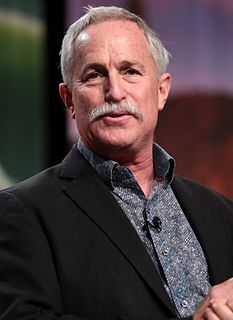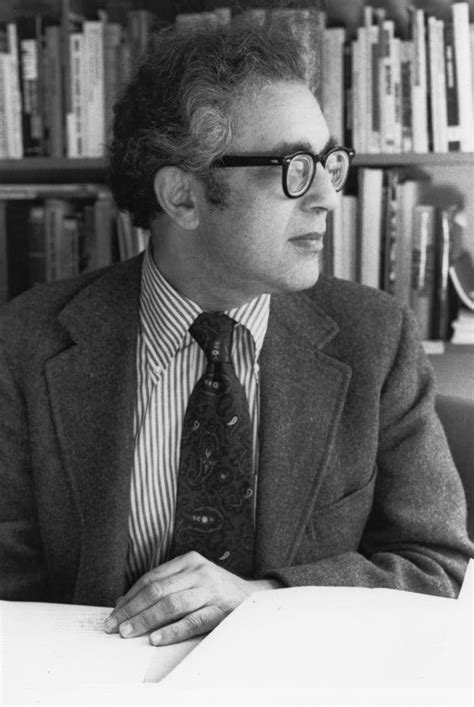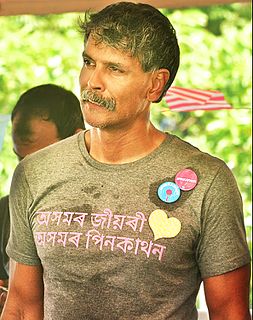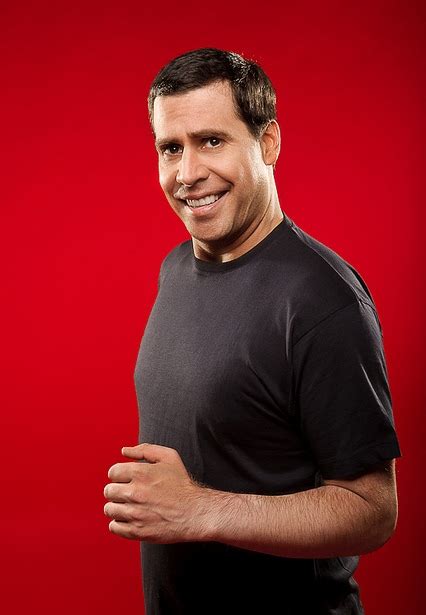A Quote by Joel Makower
From a business perspective, the question related to cities and sustainability is clear and compelling: can you have a healthy company in an unhealthy city? Arguably, no. Companies need healthy cities to provide reliable infrastructure, an educated and vital workforce, a vibrant economy, and a safe and secure environment to survive and thrive. Business executives have a lot to learn from cities, and a lot to contribute, and this book shows the way, chronicling the successes and the lessons learned about what it takes to make a city healthy, in every sense of the word.
Quote Topics
About
Arguably
Book
Business
Cities
City
Clear
Companies
Company
Compelling
Contribute
Economy
Educated
Environment
Every
Executives
Healthy
Infrastructure
Learn
Learned
Lessons
Lessons Learned
Lot
Make
Need
Perspective
Provide
Question
Related
Reliable
Safe
Secure
Sense
Shows
Successes
Survive
Sustainability
Takes
Thrive
To Survive
Unhealthy
Vibrant
Vital
Way
Word
Workforce
Related Quotes
Cities must urge urban planners and architects to reinforce pedestrianism as an integrated city policy to develop lively, safe, sustainable and healthy cities. It is equally urgent to strengthen the social function of city space as a meeting place that contributes toward the aims of social sustainability and an open and democratic society.
We continue to see our elected officials working extra hard to create a 'good climate for business' that leads to disinvestment in public infrastructure and tax incentives to the detriment of cities, while enriching private business and further entrenching poverty. And our cities are told by legislators to use their bootstraps to survive.
The Spirit of Cities presents a new approach to the study of cities in which the focus is placed on a city's defining ethos or values. The style of the book is attractively conversational and even autobiographical, and far from current social science positivism. For a lover of cities--and perhaps even for one who is not--The Spirit of Cities is consistently good reading.
While cities are distinguished by their architecture and physical appearance, Bell and de-Shalit make a compelling case that many major world cities--and their inhabitants--also express their own distinctive ethos or values. The Spirit of Cities takes the reader on a wide-ranging and lively personal journey.
I've always wanted to help build a better society and build a better company, and I always wanted a healthy, vibrant company, a healthy, vibrant society. We take care of our people, we provide them with opportunity. But I've always believed business is here to serve your clients, your shareholders, your communities. If we do this well, everyone benefits. We have to do a good job for all of them.
Every time I traveled to a new city, I would learn about local heroes I did not know about, and I would learn about their very impressive contribution to their cities. There are nuanced senses that only people from the region can understand, and no amount of globalization can change that. It's almost like a maxim of a sorts, when you think about language, the way that people speak in a location. It does happen with architects, in terms of how they engage cities.






































